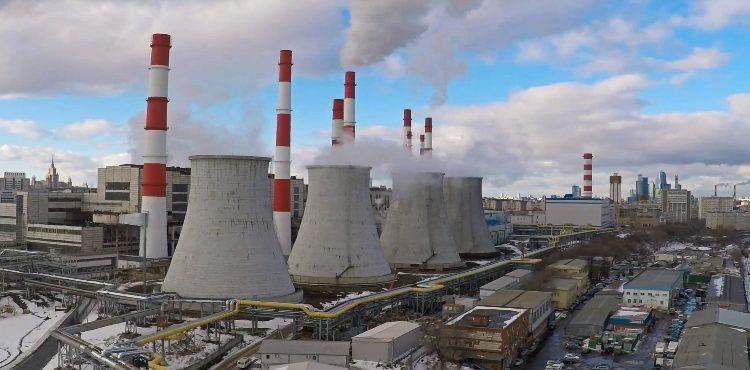
Egypt's Manufacturers Call For Investment Incentives, Local Production Support
Zaki pointed out the advantages of strengthening local manufacturing, such as promoting economic growth, increasing project numbers, creating job opportunities, and reducing unemployment. These improvements would enhance market supply, lower prices, and improve foreign currency availability.
He noted that further government efforts and incentives are necessary for deepening local manufacturing, including competition protection measures to prevent monopolies. This would support private sector participation and foreign investment, especially given the challenges of global competition.
Ahmed Zaki highlighted the importance of enhancing local manufacturing and localizing critical industries for the Egyptian economy by identifying imported products that can be quickly produced domestically.
Accordingly, Zaki called for the government to increase investment and tax incentives, eliminate obstacles, fast-track project licensing, and support small and medium enterprises (SMEs) in marketing and exporting. He also emphasized prioritizing local products in government procurement and providing essential funding and technology for manufacturing, alongside imposing tariffs on certain imports to safeguard local industries.
Meanwhile, Amr Fattouh, the head of the Entrepreneurship and Small and Medium Enterprises Committee at the Egyptian-Lebanese Businessmen Association and vice president of the Industry Committee at the Egyptian Businessmen's Association, stated that the local industry has suffered for years due to a lack of representation until the recent cabinet reshuffle introduced the position of Deputy Prime Minister for Industrial Development.
Fattouh highlighted the need to encourage the establishment of integrated industries that meet the production needs of manufacturers and investors in Egypt, as many factories depend on simple raw materials and inputs that can be easily manufactured locally.
Fattouh pointed out that localizing supportive industries should be part of a comprehensive economic and social system. This system would involve creating a list of imported goods necessary for both citizens and manufacturers, while also focusing on youth and entrepreneurial thinking by providing incentives to encourage them to establish locally produced manufacturing supplies.
He called for the necessity of collaborating with large factories to ensure the quality and compatibility of production inputs with those relied upon by production lines, enabling manufacturers to reduce reliance on imported raw materials and production supplies. This collaboration should also foster connections between entrepreneurs and all factories to meet the needs of localizing foreign industries, including sourcing raw materials, production supplies, technology, and research and development.
For his part, Matta Bishai, chair of the Internal Trade Committee's Importers Division, highlighted the importance of government-private sector partnerships in comprehensive economic development. He noted the government's commitment to encouraging private sector participation in public service and infrastructure projects, particularly as it sets a cap on total public investments, creating ample opportunities for private investments in priority national sectors.
Bishai explained that the public-private partnership (PPP) model opens extensive avenues to achieve the objectives outlined in the state's ownership policy document, which aligns with financial policies and initiatives aimed at supporting the business community and attracting more direct investments.
Additionally, he referenced statements from Finance Minister Ahmed Kouchak, indicating that the government aims to launch six new projects this fiscal year in collaboration with the private sector, with an investment cost exceeding EGP 27bn. These projects include establishing electricity transformer stations, sewage treatment facilities, vocational schools, warehouses, and wholesale markets.
Bishai concluded that the government projects proposed for private sector participation are all national developmental projects aimed at enhancing citizens' lives and fulfilling the state's strategy to provide a decent standard of living while supporting comprehensive community development policies.

Legal Disclaimer:
MENAFN provides the
information “as is” without warranty of any kind. We do not accept
any responsibility or liability for the accuracy, content, images,
videos, licenses, completeness, legality, or reliability of the information
contained in this article. If you have any complaints or copyright
issues related to this article, kindly contact the provider above.


















Comments
No comment